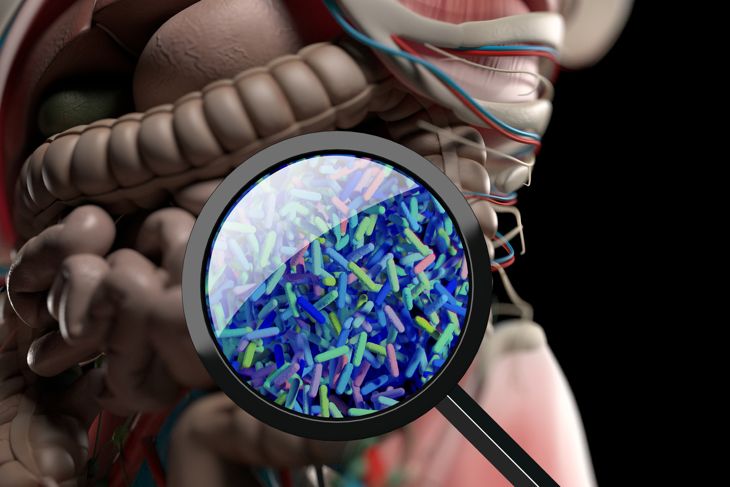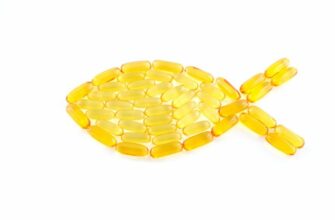The human microbiome — colonies of bacteria, viruses, fungi, and parasites in the gut — follows predictable patterns. It changes rapidly when we’re in infancy, then stabilizes around age three.Around middle age, the microbiome begins to change again, accelerating in late adulthood. Many aspects of this system and its changes are being studied, including how aging affects gut health and vice versa.
The Microbiome
Studies show everyone’s microbiome is different, and the variations increase as we age. Healthy adults generally have stable microbiomes, but they do respond to health conditions and diet. Researchers also believe that the gut communicates directly with the brain and that the microbiome can affect this communication.
Aging
Aging involves many changes in body composition, including changes in dietary habits. Alterations in taste and smell can cause significant changes in diet, which can, in turn, lead to big changes in the microbiome.Studies show that these changes can lead to inflammatory and metabolic disorders, including obesity, diabetes, atherosclerosis, and irritable bowel disease.
Unique Changes Linked to Health and Longevity
Research indicates that, in older adults, the more unique the microbiome, the healthier a person is and the longer they live.Subjects with a more unique microbiome had lower LDL cholesterol, higher vitamin D, and better overall mobility. People with less diverse microbiomes took more medications and were twice as likely to die during the study.
Diet
Researchers suspect that damage to the gut and changes in the microbiome may be due to eating diets rich in sugar, salt, and fatty processed foods rather than high-fiber foods, fruits, vegetable, nuts, and beans. Other studies show that plant-based diets can support a healthy gut and, in turn, support healthy aging.
Effect of Dietary Changes
Researchers generally agree that diet changes the microbiome, but they are not sure of the mechanisms behind the changes. Studies suggest that both short-term and long-term dietary changes can alter gut bacteria. One study showed that a change in diet for only five days led to rapid changes in the microbiome and that introducing diets with low fat and high fiber or high fat and low fiber could elicit changes in as little as 24 hours.These results indicate that dietary changes can be beneficial, even if they are not made until later in life.
Neurodegenerative Disorders
Studies also show that gut health may be liked to neurodegenerative disorders associated with aging. For example, one of the risks of Parkinson’s disease is the accumulation of a protein called α-synuclein in the brain.In one study, mice were fed fecal samples from Parkinson’s patients. The samples increased motor dysfunction, indicating that the gut microbiome may be a causative agent for Parkinson’s by spreading from the gut into the nervous system.
Frailty
A big problem that affects the aging population is frailty, a useful indicator of health deficits as people age. This factor points to a reduced reserve capacity and less resistance to stress. Studies have also tied frailty to gut health — specifically, the diversity of the microbiome — though more research is needed.
Inflammatory Activity
Overall, studies of gut health and aging suggest that the balance of the microbiome and how it regulates inflammatory activity contribute to longevity. Specifically, the oldest adults seem to be able to maintain anti-inflammatory activity, countering the inflammation that all older adults experience. Good gut health and a diverse microbiome could be the reason.
Prebiotics and Probiotics
Prebiotics and probiotics taken in conjunction with a nutritious diet stimulate the growth of a healthy microbiome and deliver health benefits for older adults. Prebiotics are fermented or non-digestible foods that promote the growth of some bacterial species in the gut. Probiotics are live bacterial supplements that introduce beneficial bacteria into the microbiome.One issue with probiotics is that the live bacteria have to make it through the stomach and upper GI tract, limiting their effectiveness. More research into probiotics and how to deliver them to the intestine may help make them more useful for elderly people.
Support Gut Health
Supporting gut health in adulthood can establish a healthy microbiome that is beneficial later in life.Eat a balanced diet with fiber-rich fruits and vegetables, and add fermented or pickled foods occasionally. Exercise regularly, maintain a healthy weight, and get enough sleep. Reducing stress can also help with GI issues like reflux or diarrhea.

 Home
Home Health
Health Diet & Nutrition
Diet & Nutrition Living Well
Living Well More
More




















